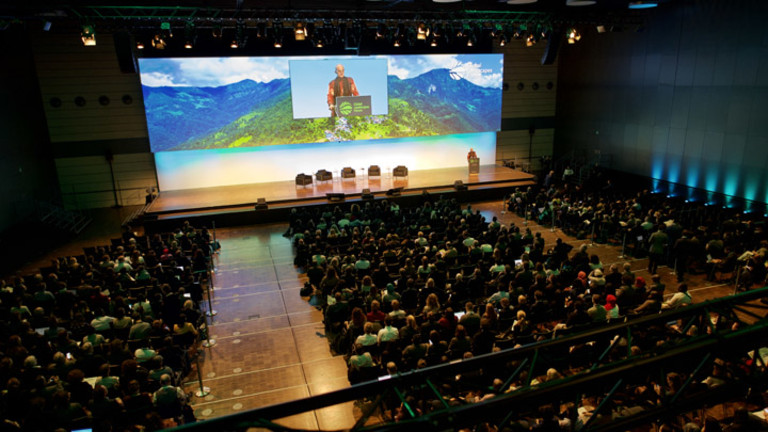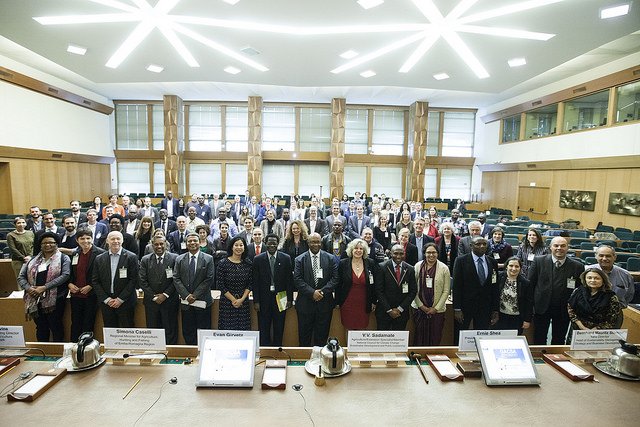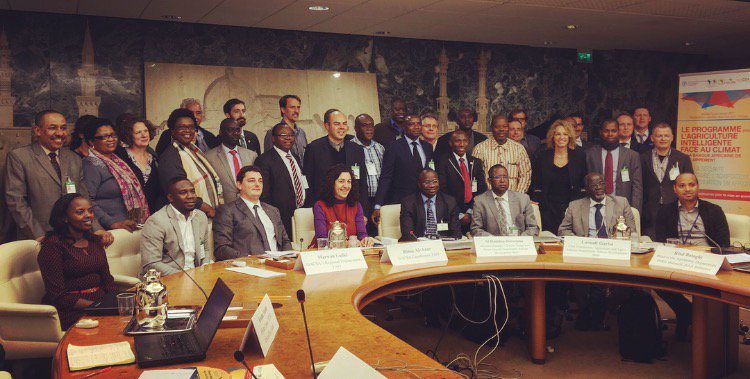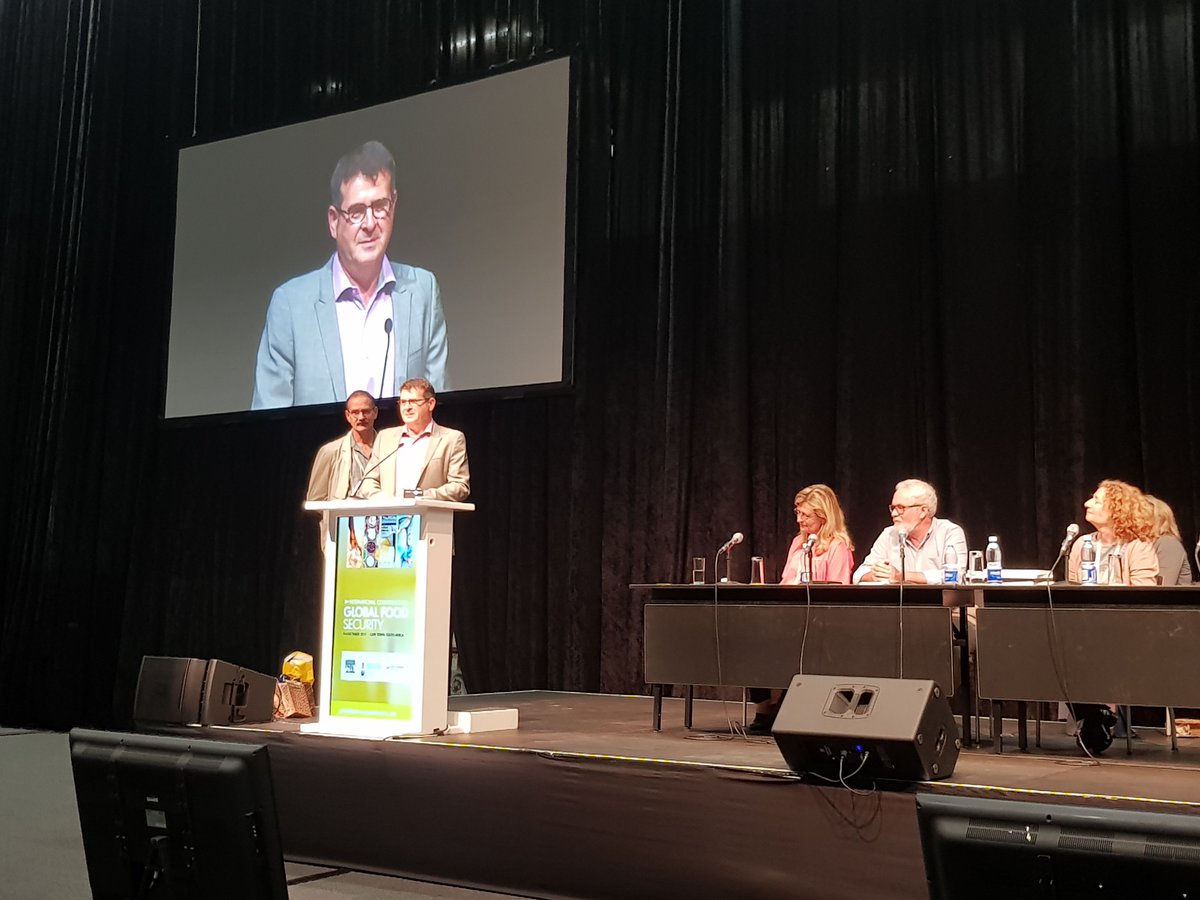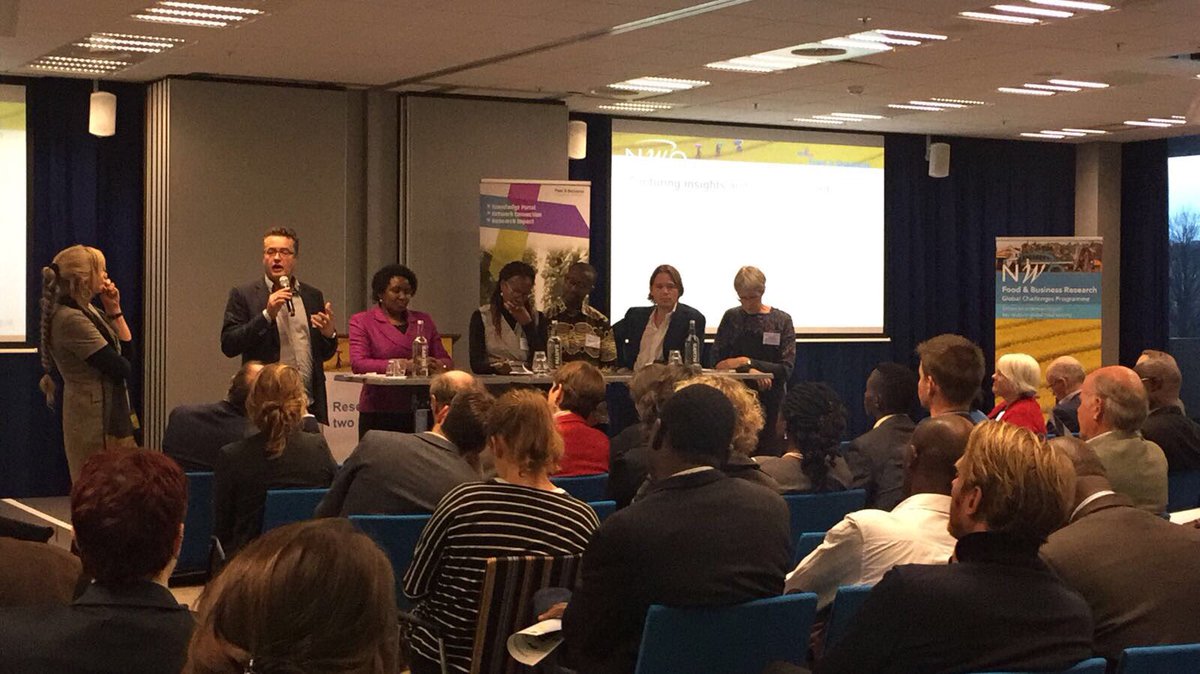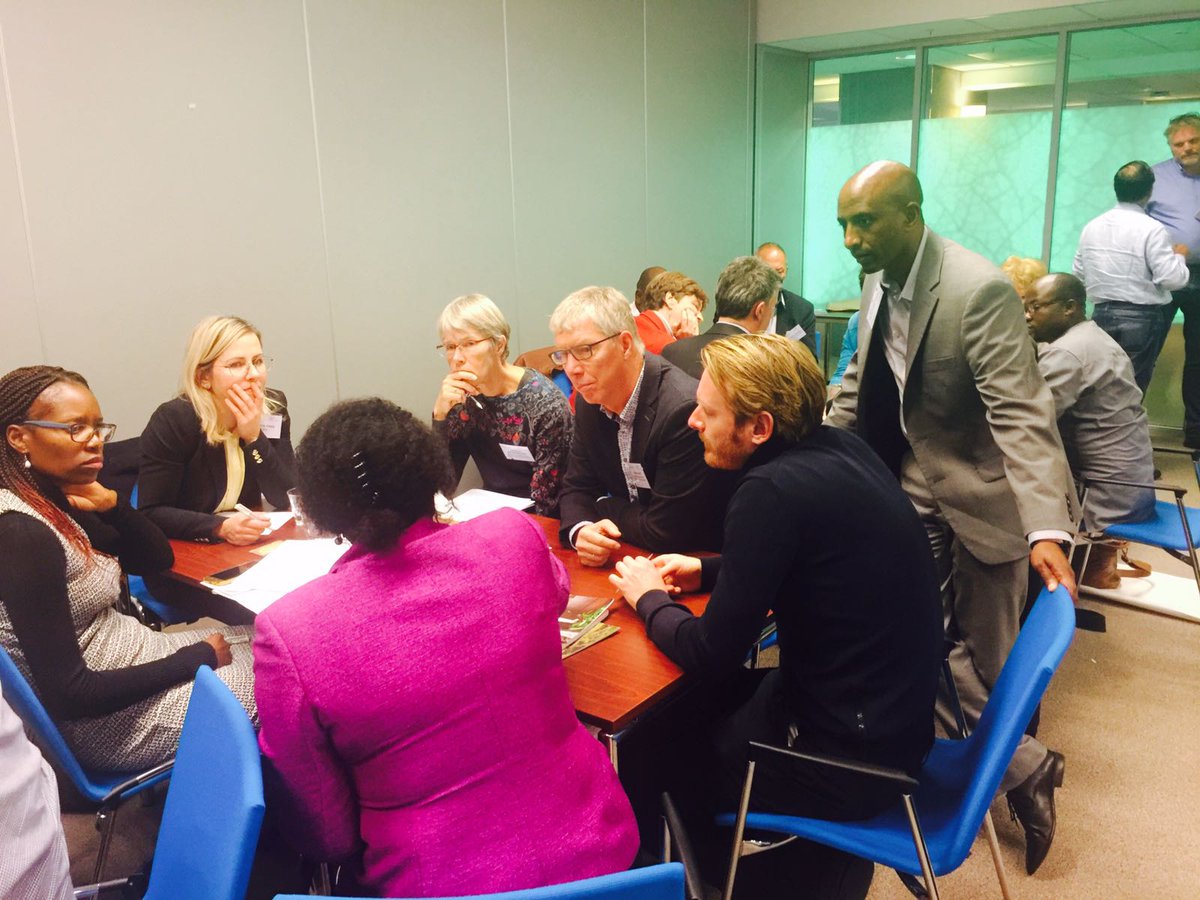18 December 2017. Brussels, Seminar on the results of: The evaluation of the EU development co-operation support to Higher Education in partnercountries.
As the stakeholder consultations are underway to define the next phases of EU programmes, including Erasmus+, the results of a comprehensive evaluation of the six previous programmes Erasmus Mundus (the parts of the programme financed by development co-operation), Intra-ACP Academic Mobility Scheme, Tempus IV, ALFA III, Edulink, and the African Union Support Programme 2 (Pan-African University) are now available.
Has the EU support to Higher Education in developing regions added significant value ? Was the approach of supporting HE through regional and global programmes, and putting HE Institutions at the centre of supportan effective response ? These are just some of the questions addressed in the evaluation. The conclusions and recommendations will be presented followed by a session on questions and answers at the seminar.
The evaluation report is available on DEVCO's website (click here)
Main report (EN) 2.54 MB Download
 Evaluation matrix by evaluation questions (EN) 2.97 MB Download
Evaluation matrix by evaluation questions (EN) 2.97 MB Download
 Desk phase analysis (EN) 14.07 MB Download
Desk phase analysis (EN) 14.07 MB Download
 Country notes (EN) 8.82 MB Download
Country notes (EN) 8.82 MB Download
 Context and methodology (EN) 5.66 MB Download
Context and methodology (EN) 5.66 MB Download
 Summary (EN) 730.61 KB Download
Summary (EN) 730.61 KB Download
 Résumé (FR) 740.71 KB Download
Résumé (FR) 740.71 KB Download
 Resumen (ES) 749.16 KB Download
Resumen (ES) 749.16 KB Download
 Response of the EU services 323.75 KB Download
Response of the EU services 323.75 KB Download
The seminar was recorded and available soon on the DevCo website.
As the stakeholder consultations are underway to define the next phases of EU programmes, including Erasmus+, the results of a comprehensive evaluation of the six previous programmes Erasmus Mundus (the parts of the programme financed by development co-operation), Intra-ACP Academic Mobility Scheme, Tempus IV, ALFA III, Edulink, and the African Union Support Programme 2 (Pan-African University) are now available.
Has the EU support to Higher Education in developing regions added significant value ? Was the approach of supporting HE through regional and global programmes, and putting HE Institutions at the centre of supportan effective response ? These are just some of the questions addressed in the evaluation. The conclusions and recommendations will be presented followed by a session on questions and answers at the seminar.
The evaluation report is available on DEVCO's website (click here)
Main report (EN) 2.54 MB Download
The seminar was recorded and available soon on the DevCo website.

